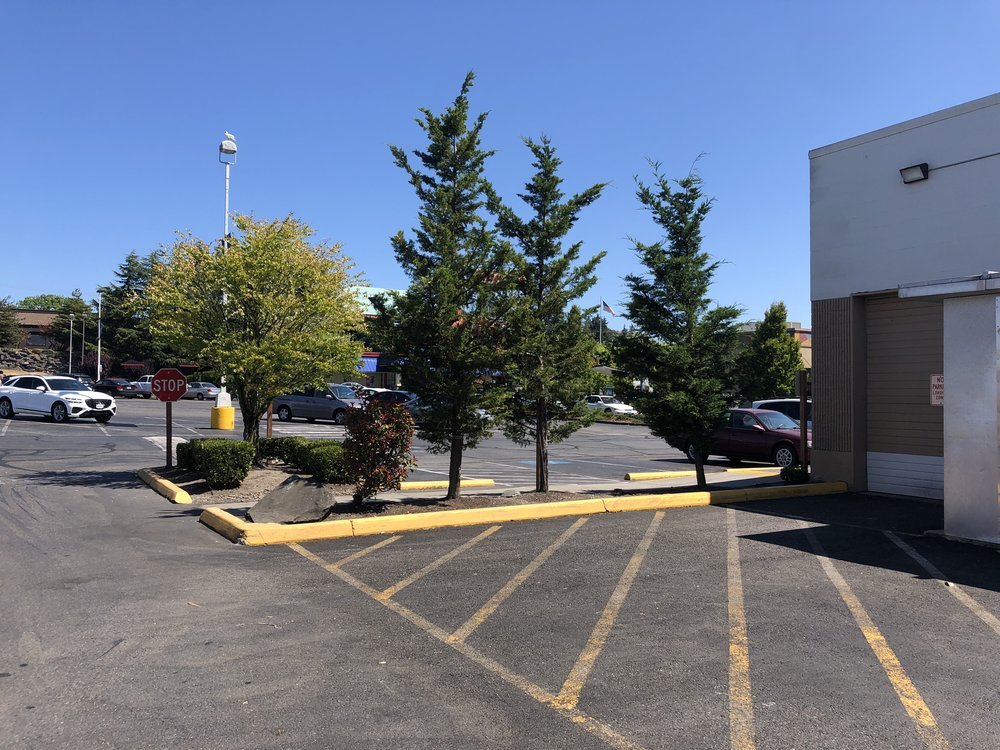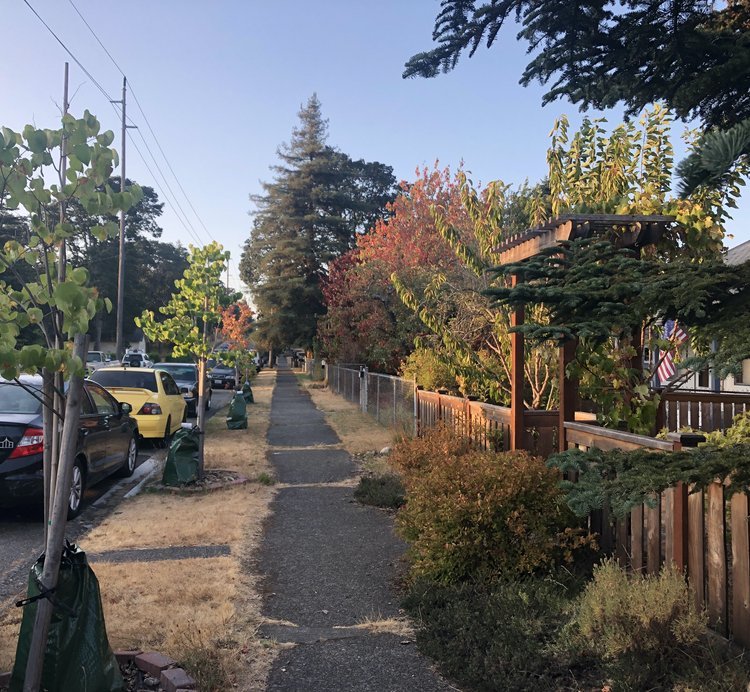
G.R.I.T.
Greening Research In Tacoma
Tacoma Mall Neighborhood
2024 and beyond
The Tacoma Mall neighborhood is home to many residents, businesses, and industries. However, this active neighborhood also has more pavement and less tree canopy coverage than the city-wide averages, making it several degrees hotter. These characteristics also contribute to air pollution and polluted stormwater runoff that harm salmon, southern resident killer whales, and other wildlife. With the mall subarea designated as an urban growth center, it is expected that many more people will live there in the near future.
So how will this neighborhood add shade and reduce pavement while also building more housing and upgrading other infrastructure? And how will these changes impact the people who live there? These questions matter not only for South Tacoma, but also for all of Tacoma, Pierce County, and Western Washington. And we want to help crack the code!
As a result of community input and advocacy, the City of Tacoma, Tacoma Tree Foundation, and the Nature Conservancy have collaborated with the community of South Tacoma to invest in greening initiatives such as tree plantings, green stormwater infrastructure, and art installations in the neighborhood. Greening Research in Tacoma, or G.R.I.T., is a research collaboration with the Environment & Well-Being Lab at the University of Washington that is digging deeper into the impacts of city greening efforts on community and environmental well-being.
Watch this video to learn more about the project!
TREE PLANTING
The City of Tacoma is adding 300+ street trees and other green infrastructure as part of the Madison District capital improvement project. The City offers free street trees for the right-of-way through Grit City Trees and Tree Coupons to buy trees at a discount from participating nurseries.
WELL-BEING STUDY
The University of Washington is recruiting South Tacoma residents for a study on the relationship between community experience, environmental surroundings, and well-being. Participants will answer online survey questions and provide input about their experiences in and vision for their neighborhood. Participants will be compensated for survey completion.
Interested in participating? Take a brief pre-survey to find out if you are eligible.
The Nature Conservancy in Washington (TNC) has installed 40+ temperature loggers around the neighborhood to measure and track local temperatures and study any changes over time. TNC will also work with community members to develop community-led science projects related to urban greening and sustainability.
RELATIONSHIPS & TREES
Tacoma Tree Foundation (TTF) is providing community support, building relationships, sharing information, and identifying new greening opportunities. TTF distributed 300 street trees to neighbors through the Green Blocks program, and is hosting a various free events, such as educational walks and presentations, tree shares and plantings.
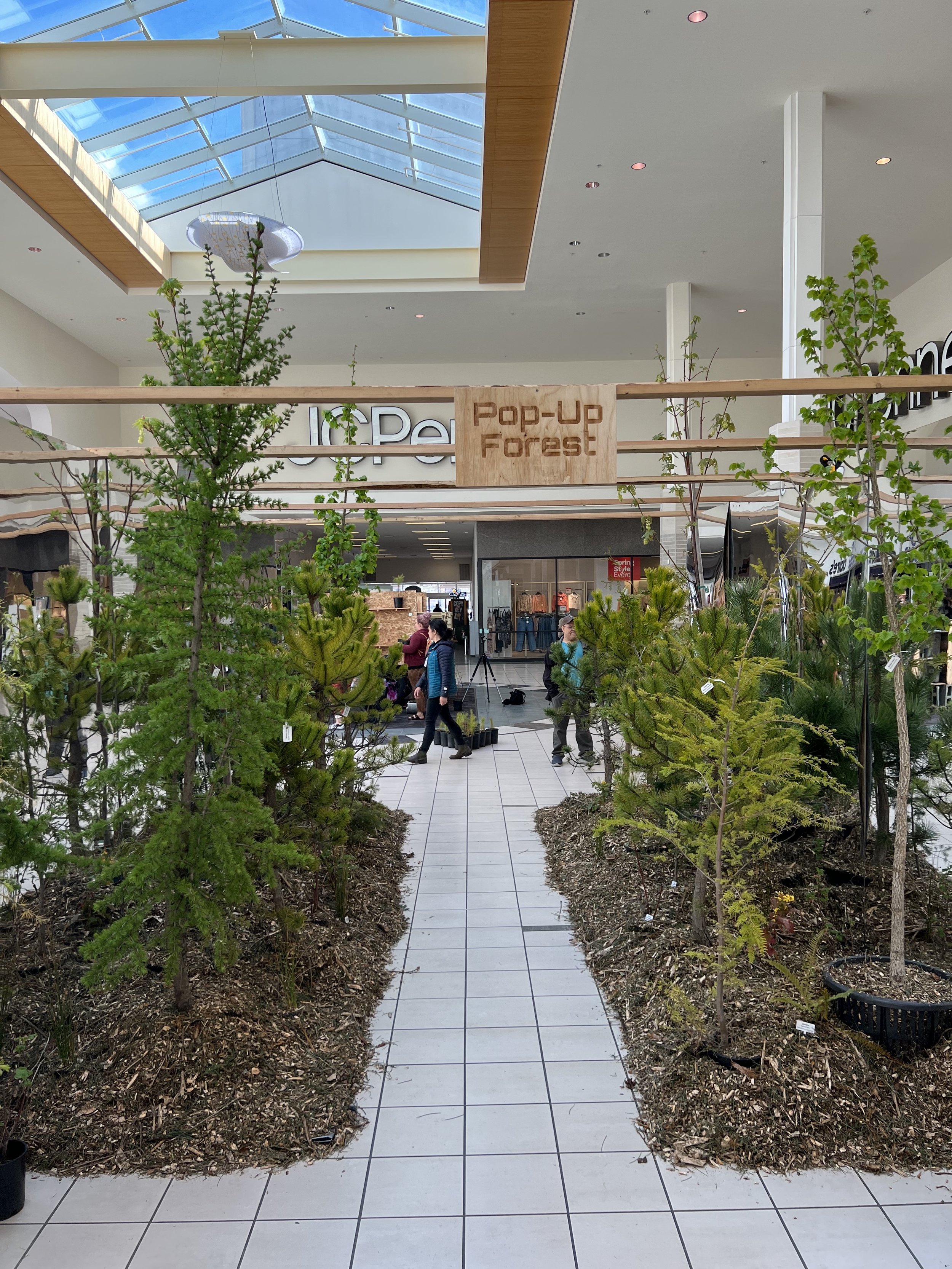

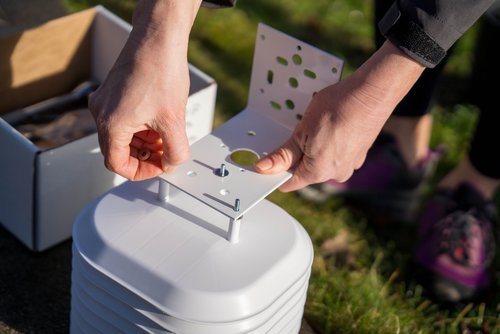
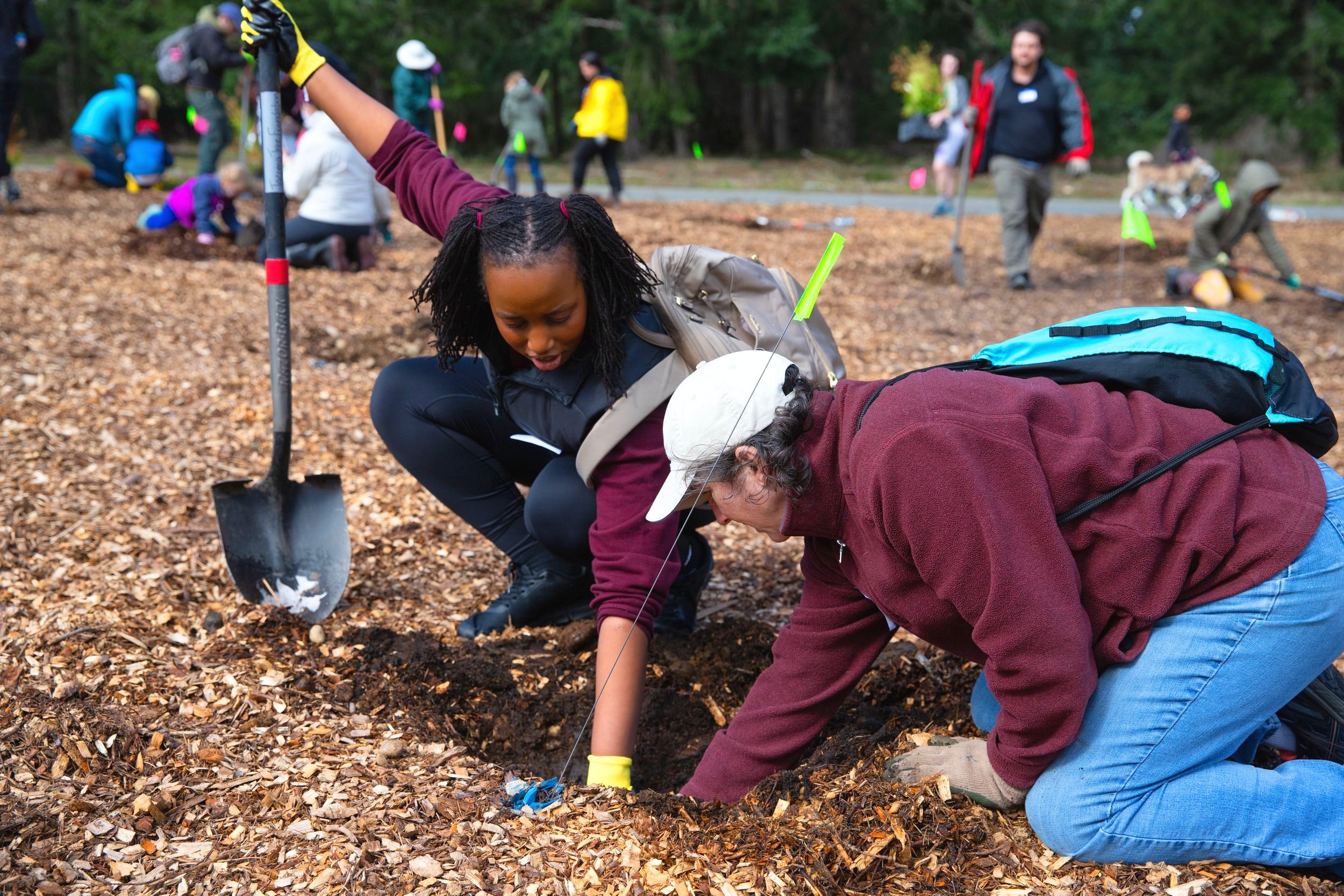
What you can do
Share your ideas about how and where to remove pavement, plant trees, conduct science projects, and build community!
Contact us to join the community advisory group that meets quarterly to discuss priorities related to neighborhood greening.
Contact us to learn more about the economic, social, and environmental benefits of tree planting, natural landscaping, pavement removal, and other sustainable choices in your neighborhood
What we can do
Support local efforts to study and understand human and environmental health.
Provide resources related to greening your neighborhood and your own backyard, including free trees!
Share planting advice for all property types—including businesses, houses, and apartments. We are also looking for opportunities to work directly with existing community organizations and religious centers.
Present about topics related to environmental sustainability and human well-being at community events.
Organize neighborhood-based tree-planting events.



